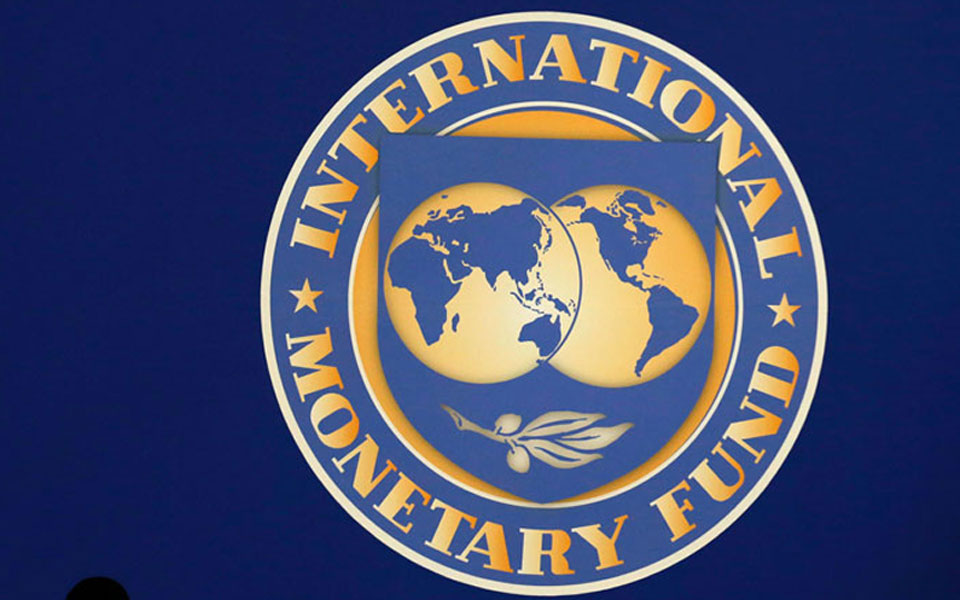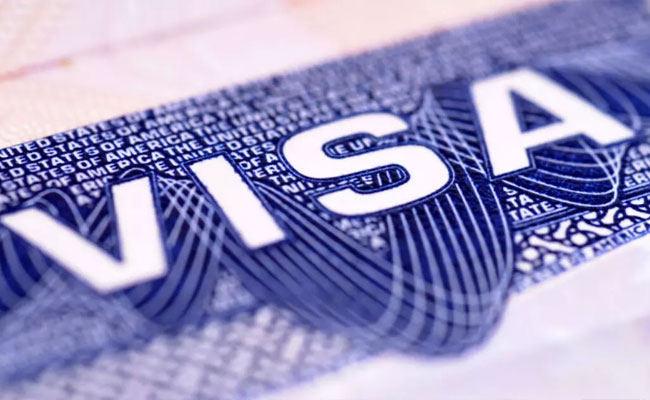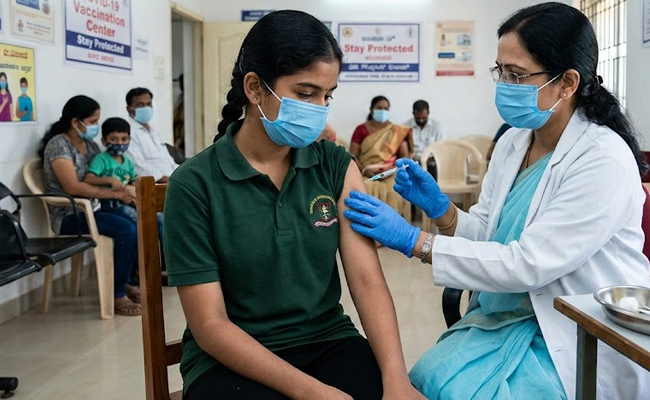Washington, Oct 9 : India is projected to grow at 7.3 per cent in 2018 and 7.4 per cent next year, the IMF said Tuesday, predicting that the country will regain the tag of the world's fastest growing major economy this year, surpassing China with more than 0.7 percentage points.
In 2017, India had clocked a 6.7 per cent growth rate.
In India, important reforms have been implemented in the recent years, including the Goods and Services Tax (GST), the inflation-targeting framework, the Insolvency and Bankruptcy Code, and steps to liberalise foreign investment and make it easier to do business, the International Monetary Fund (IMF) said in its latest World Economic Outlook (WEO) report.
"India's growth is expected to increase to 7.3 per cent in 2018 and 7.4 per cent in 2019 (slightly lower than in the April 2018 World Economic Outlook (WEO) for 2019, given the recent increase in oil prices and the tightening of global financial conditions), up from 6.7 per cent in 2017," it said in the WEO report.
This acceleration, the world body said, reflected a rebound from transitory shocks (the currency exchange initiative and implementation of the GST), with strengthening investment and robust private consumption.
India's medium-term growth prospects remain strong at 7 per cent, benefiting from the ongoing structural reforms, but have been marked down by just under a half percentage point relative to the April 2018 WEO, it said.
If projections are true, then India would regain the tag of the fastest growing major economy of the world, crossing China with more than 0.7 percentage points in 2018 and an impressive 1.2 percentage point growth lead in 2019.
China was the fastest growing economy in 2017 as it was ahead of India by 0.2 percentage points. For the record, the IMF has lowered the growth projections for both India and China by 0.4 per cent and 0.32 per cent, respectively, from its annual April's WEO.
Released in Bali during the annual meeting of the IMF and the World Bank, the IMF's flagship WEO said its 2019 growth projection for China is lower than in April, given the latest round of US tariffs on Chinese imports, as are its projections for India.
In China, growth is projected to moderate from 6.9 per cent in 2017 to 6.6 per cent in 2018 and 6.2 per cent in 2019, reflecting a slowing external demand growth and necessary financial regulatory tightening, the report said.
The 0.2 percentage point downgrade to the 2019 growth forecast is attributable to the negative effect of recent tariff actions, assumed to be partially offset by policy stimulus, it said.
Over the medium term, growth is expected to gradually slow to 5.6 per cent as the economy continues to make the transition to a more sustainable growth path with continued financial de-risking and environmental controls, it noted.
"Owing to these changes, our international growth projections for both this year and next are downgraded to 3.7 per cent, 0.2 percentage point below our last assessments and the same rate achieved in 2017," the report said.
The growth rate of the US for 2018 is 2.9 per cent and that of 2019 has been powered to 2.5 per cent.
"Looking ahead, renewed impetus to reform labour and land markets, along with further improvements to the business climate are also crucial (in India)," it said.
According to the WEO, in India, reform priorities include reviving bank credit and enhancing the efficiency of credit provision by accelerating the cleanup of bank and corporate balance sheets and improving the governance of public sector banks.
In India, a high interest burden and risks from rising yields require continued focus on debt reduction to establish policy credibility and build buffers.
"These efforts should be supported by further reductions in subsidies and enhanced compliance with the Goods and Services Tax," the IMF report said.
It also said inflation in India is on the rise, estimated at 3.6 per cent in fiscal year 2017/18 and projected at 4.7 per cent in fiscal year 2018/19, compared to 4.5 per cent in fiscal year 2016/17, amid accelerating demand and rising fuel prices.
The report said that aggregate growth in the emerging market and developing economy group stabilised in the first half of 2018.
Emerging Asia continued to register strong growth, supported by a domestic demand-led pickup in the Indian economy from a four-year-low pace of expansion in 2017, even as activity in China moderated in the second quarter in response to regulatory tightening of the property sector and nonbank financial intermediation, it added.
Let the Truth be known. If you read VB and like VB, please be a VB Supporter and Help us deliver the Truth to one and all.
London (PTI): The UK on Wednesday imposed a study visa ban on four countries accused of using the route as a backdoor entry to seek permanent refuge in the country, as part of a wider clampdown on the soaring rates of asylum applications.
The so-called "emergency brake" on student visas applies to Afghanistan, Cameroon, Myanmar and Sudan, with Afghans also subject to a skilled worker visa ban following a major surge in asylum claims from these countries.
The move comes as UK Home Secretary Shabana Mahmood introduces new legislation in Parliament this week, with the visa brake to be introduced via an Immigration Rules change on Thursday to come into force on March 26.
"Britain will always provide refuge to people fleeing war and persecution, but our visa system must not be abused," said Mahmood.
“That is why I am taking the unprecedented decision to refuse visas for those nationals seeking to exploit our generosity. I will restore order and control to our borders,” she said.
According to official statistics released by the Home Office alongside the visa ban announcement, asylum applications by students from Afghanistan, Cameroon, Myanmar and Sudan rocketed by over 470 per cent between 2021 and 2025 – making them among the most likely nationalities to claim asylum.
Meanwhile, the number of Afghans on work visas claiming asylum now outstripping the number of visas issued.
In what has been described as an “unprecedented step”, the Home Office said it will end sponsored study visas from all four countries and skilled worker visas for Afghan nationals.
“Tough action is required as asylum claims from legal routes have more than trebled since 2021 – making up 39 per cent of the 100,000 people who applied last year. In total, 133,760 people have claimed asylum after arriving legally in the past five years,” the Home Office said.
It said these refugees end up having to be accommodated at the expense of the British taxpayer, with an “above average proportion” of people from the four countries claiming destitution.
“Asylum support is currently costing more than 4 billion pounds a year – with nearly 16,000 nationals from the four countries currently supported at public expense, including over 6,000 in hotels," it added.
According to official data, between 2021 and the year ending September 2025, the proportion of Afghan asylum claims to study visas issued was 95 per cent, applications by students from Myanmar soared 16-fold over the same period and claims by students from Cameroon and Sudan spiked by more than 330 per cent.
The government pointed to its success in reducing student asylum claims by 20 per cent over the course of 2025, but stressed that further action is needed as those arriving on study visas still make up 13 per cent of all claims in the system.
The visa ban announcement comes on the back of Mahmood's announcement earlier this week that asylum status in the UK will be temporary, to be reviewed after 30 months.





